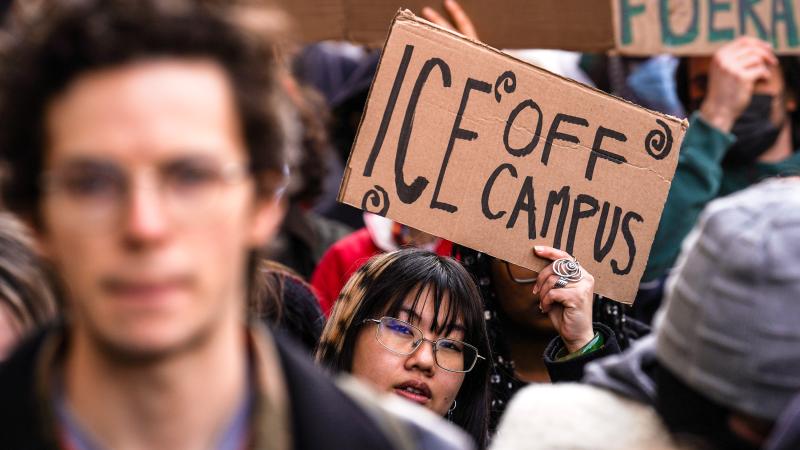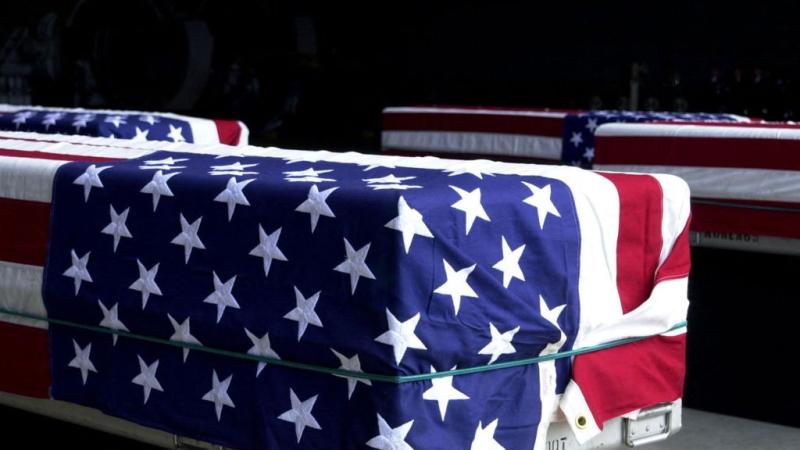Columbia University's interim president resigns a week after federal funding deal
Claire Shipman, the co-chair of the board of trustees, will immediately assume the role of acting president. Armstrong will return to the school's Irving Medical Center.
Columbia University's interim President Katrina Armstrong on Friday is resigning her role as the head of the university, one week after the school reached a federal funding deal with the Trump administration.
Armstrong took over in August, after President Nemat “Minouche” Shafik resigned over her handling of a swarm of anti-Israel protests that occurred on the campus last Spring. The university served as the epicenter of the antisemitic protests.
Columbia University Board of Trustees Chairman David Greenwald announced that Claire Shipman, the co-chair of the board of trustees, will immediately assume the role of acting president. Armstrong will return to the school's Irving Medical Center.
“Dr. Armstrong accepted the role of interim president at a time of great uncertainty for the University and worked tirelessly to promote the interests of our community,” Greenwald said, per NBC News. “Katrina has always given her heart and soul to Columbia. We appreciate her service and look forward to her continued contributions to the University.”
The agreement, which resumes federal funding, includes a ban on masks on campus outside of health or religious reasons, and places new leadership in charge of reviewing its curriculum for the university's department of Middle East, South Asian and African Studies and the Center for Palestine Studies.
The New York Times hinted at a connection between Armstrong's resignation and the agreement struck between the Trump administration and the university.
"Although university officials said they had already been considering some of the government’s requests, Columbia’s acquiescence drew significant condemnation on the campus and beyond," The Times wrote. "Other higher education leaders watched nervously, fearing that the university’s decision, without mounting a court challenge that many felt stood a reasonable chance of success, would provoke the government to target other universities."
Misty Severi is a news reporter for Just The News. You can follow her on X for more coverage.














